Contents
PGD in Cyprus: IVF Costs, Procedures, and What Patients Should Know
Cyprus, particularly the northern region, has earned a global reputation as the "Fertility Island" for its progressive approach to reproductive medicine. It is one of the few jurisdictions worldwide where gender selection for family balancing via Pre-implantation Genetic Diagnosis (PGD) is legally permitted and widely practiced. This unique regulatory environment draws thousands of couples from the UK, Europe, and the Middle East who wish to choose the sex of their baby while ensuring the genetic health of the embryo.
Clinics in Kyrenia, Nicosia, and Famagusta are equipped with state-of-the-art embryology laboratories comparable to the best in the US. They utilize Next Generation Sequencing (NGS) to screen embryos with 99.9% accuracy for gender and chromosomal abnormalities (like Down Syndrome) before implantation. This advanced screening significantly increases pregnancy success rates and reduces the risk of miscarriage.
Beyond the liberal legal framework, Cyprus offers a supportive environment with higher age limits for treatment (often up to 55) and options for single women and unmarried couples, which are restricted in many other countries.
Combining a relaxing Mediterranean holiday with high-tech fertility treatment creates a stress-free atmosphere that many patients believe contributes to the high success rates found on the island.
Did You Know?
North Cyprus allows the transfer of up to 3 embryos (blastocysts) in certain cases, unlike the strict single-embryo transfer policies in the UK and much of Europe. This policy, combined with PGD screening, can significantly increase the chances of pregnancy for patients with a history of failed cycles or advanced maternal age.
Key Insights at a Glance
North Cyprus is a rare destination where PGD gender selection is legal for family balancing purposes.
Success rates often exceed 70-80% for donor cycles and 50-60% for standard IVF due to advanced protocols.
Treatment costs are 50-70% lower than in the US or UK, with IVF+PGD packages starting around €5,000.
Clinics use NGS (Next Generation Sequencing) for the most accurate chromosomal screening available.
Strict donor anonymity laws protect privacy for those using egg or sperm donation.
Women up to age 55 can undergo treatment (subject to medical ethics approval), offering hope to older mothers.
A "Fertility Holiday"
Studies suggest that stress reduction can improve IVF outcomes. Cyprus capitalizes on this by offering a "Fertility Vacation." With over 300 days of sunshine a year, beautiful beaches, and a relaxed Mediterranean lifestyle, patients can combine their treatment with a restorative holiday, turning a medical necessity into a positive, memorable experience.
Finding the right package can simplify your medical journey significantly. In the section below, we have curated a list of top-rated fertility clinics in North Cyprus offering comprehensive IVF packages. These bundles typically include the IVF/ICSI procedure, genetic screening (PGD/NGS) for gender and health, airport transfers, and often accommodation in 4 or 5-star hotels. Browse the options to find a package that aligns with your specific needs and budget.
Note: Most packages include ICSI (Intracytoplasmic Sperm Injection) as standard, which is an add-on cost in many Western clinics.
Understanding the financial commitment is a crucial part of your decision-making process. The table below provides a transparent breakdown of average costs for IVF with Gender Selection in Cyprus compared to US and UK prices. While these figures are estimates, they highlight the substantial savings available—often allowing you to afford multiple cycles if necessary for less than the cost of one cycle at home.
Tip: An IVF cycle with Gender Selection (PGD) typically ranges from €5,000 to €7,000.
Preimplantation Genetic Diagnosis (PGD) Centers Cost Comparison in Cyprus
| Provider | Procedure | Price |
|---|---|---|
| Best Fertility Clinic - SAKALLI IVF | Preimplantation Genetic Diagnosis (PGD), Fertility Treatment | $6000 |
Preimplantation Genetic Diagnosis (PGD) Cost Comparison in Cyprus
| Country | Procedure | Price |
|---|---|---|
| United States | Preimplantation Genetic Diagnosis (PGD), Fertility Treatment | $16000 |
Your success depends heavily on the laboratory and the clinic you choose. We have selected a list of premier fertility centers in Kyrenia, Nicosia, and Famagusta known for their specialization in assisted reproduction and genetics. These clinics are vetted for their ISO certifications, high-tech embryology labs (featuring EmbryoScope+), and experienced international patient teams. Explore the profiles below to learn more about their technology and success rates.
Standard: Look for clinics that offer "guaranteed" programs or refund packages for egg donation cycles.
Hearing directly from past patients can offer invaluable reassurance. The video testimonials featured below showcase real stories from couples who have traveled to Cyprus to complete their families. Watch these videos to gain insights into their personal experiences, the level of care they received, and the joy of successfully balancing their families.
Insight: Patients often praise the relaxed "holiday vibe" which helped them manage the stress of fertility treatment.
Patient reviews provide an honest look at the quality of care. In this section, you will find verified reviews and ratings from patients who have entrusted their fertility journey to specialists in Cyprus. Read through their feedback regarding the clinic's organization, the clarity of communication, and their overall satisfaction with the experience to help guide your own choice of provider.
Review Tip: Pay attention to reviews that discuss the support provided by the International Patient Coordinators in navigating logistics.
Your family's future is in expert hands. We have compiled a list of top-tier reproductive endocrinologists and embryologists in Cyprus who possess extensive experience in IVF and genetic screening. These profiles highlight their international training, success rates, and dedication to personalized care.
ESHRE Certified Experts
European Standards of Care
Our listed specialists often hold certifications from the European Society of Human Reproduction and Embryology (ESHRE). This ensures that they are up-to-date with the latest European protocols for ovarian stimulation and embryo transfer, providing you with care that meets the highest continental standards.
Senior Embryologists
Masters of the Laboratory
The success of IVF depends heavily on the lab. Cyprus clinics boast senior embryologists with decades of experience in ICSI, embryo biopsy (for PGD), and cryopreservation. Their skill is critical for the high survival rates of thawed embryos and accurate genetic diagnosis.
Pioneers in Genetics
Leaders in PGD & NGS
Specialists in Cyprus are pioneers in applying Pre-implantation Genetic Diagnosis (PGD) for family balancing. They use Next Generation Sequencing (NGS) to screen all 24 chromosomes, ensuring that only the healthiest embryos of the desired gender are selected for transfer.
Legal Framework for PGD
The primary driver is the legal ability to perform gender selection for family balancing in North Cyprus.
This draws patients from the UK, Europe, and Asia where the practice is banned, providing a safe and regulated environment to exercise reproductive choice.
Affordability & Value
Cyprus offers a premium medical experience at a budget-friendly price. Treatment costs are often less than half of those in the US or UK.
Advanced procedures like ICSI and Assisted Hatching are often included in the standard package, adding immense value.
Relaxed Atmosphere
The "Fertility Holiday" concept allows patients to undergo treatment in a stress-free, vacation-like setting.
The beautiful beaches, sunny weather, and luxury hotels help reduce anxiety, which can positively impact treatment outcomes.
Navigating fertility treatment abroad requires trust and expert coordination. PlacidWay acts as your guide to Cyprus's top fertility centers, handling the vetting, communication, and logistics to ensure a seamless path to parenthood.
Clinic Verification
We partner only with established clinics that have proven success rates in PGD/IVF and adhere to international laboratory standards.
Remote Consultations
We facilitate video calls with fertility specialists, allowing you to discuss your medical history and PGD options before you travel.
Transparent Pricing
We provide clear, itemized quotes for IVF packages, detailing what is included (genetic testing, transfers, freezing) to avoid hidden costs.
Travel Logistics
From airport pickups to recommending patient-friendly hotels near the clinic, we help manage your entire trip.
Language Support
We ensure you have access to English-speaking coordinators or translators, so you fully understand every step of your medical procedure.
Patient Advocacy
Our team is available to support you throughout your journey, answering questions and ensuring your experience meets your expectations.
Take the first step toward the family you've always wanted. Contact PlacidWay today for a free, confidential evaluation.
Get Your Free Personalized Quote


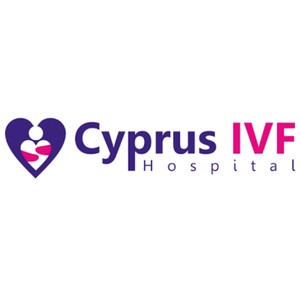

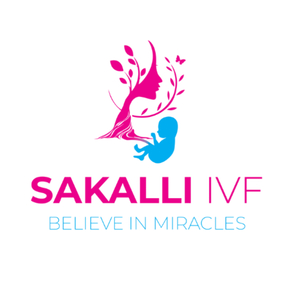

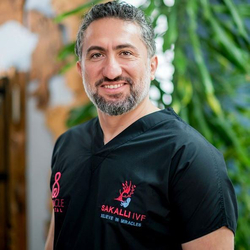







.png)
.png)


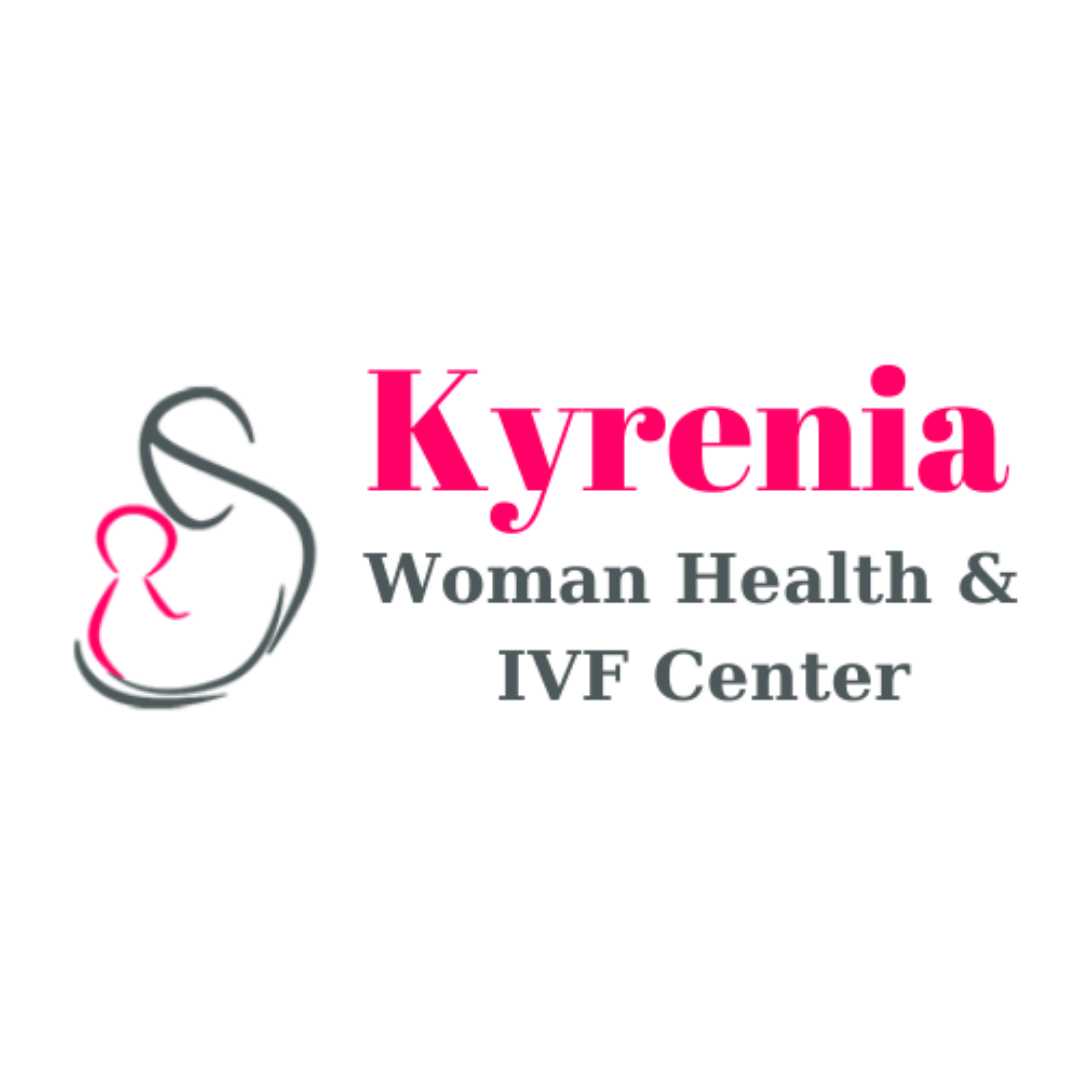
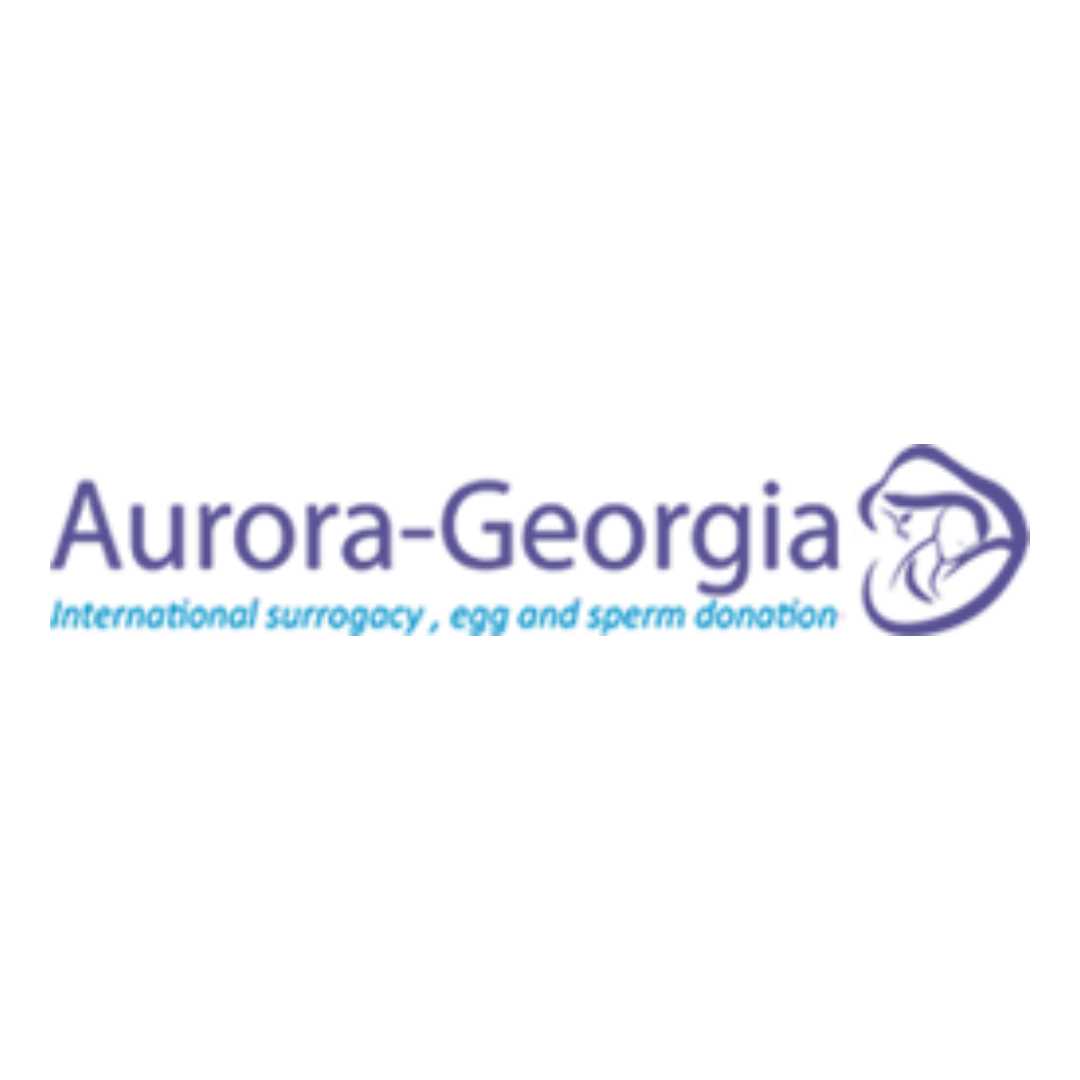


Share this listing